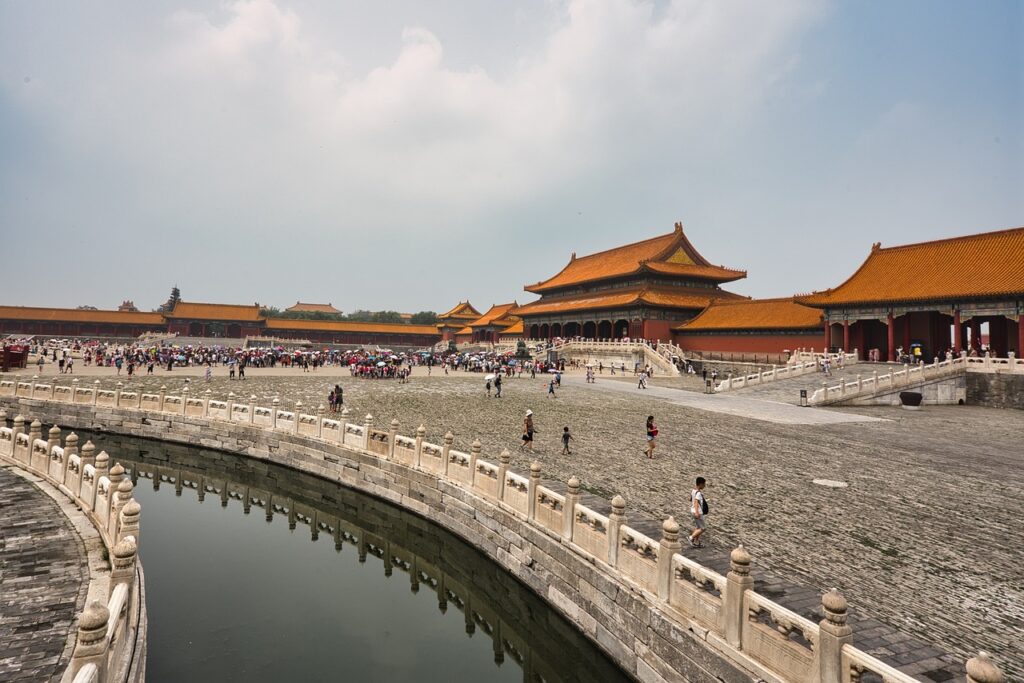The comparison and analysis of cultural differences between China and Japan reveal distinct variations in everyday life, social customs, and commercial activities. Here, we found these differences, highlighting both similarities and disparities:

1. Etiquette and Respect:
Significant differences exist between China and Japan regarding welcoming guests and managing interpersonal relationships. Japanese culture emphasizes meticulous service and respect for guests as an integral part of their culture. Conversely, preserving one’s dignity in China may often take precedence over honouring guests. For instance, in Japan, welcoming guests typically involves bowing and offering tea or snacks to express their importance. In contrast, Chinese hosts may focus more on allowing guests to savour dishes during meals rather than providing extensive details. Hence, the expressions of respect vary between the two cultures. Additionally, in interactions with elders, Japanese individuals commonly express reverence by using honorific titles such as “Mr.” or “Mrs.” followed by the surname. In contrast, Chinese people often address elders directly by their names or with endearment terms like “Aunt” or “Uncle.”
2. Competition and Collaboration:
Differences between China and Japan are evident in pricing, quality, and market share. Japanese businesses prioritize cooperation and teamwork, while Chinese enterprises may lean more toward independent competition. For instance, Japan’s business ethos often revolves around “coexistence and mutual prosperity,” emphasizing customer partnership and coordination with peers. Conversely, Chinese companies may focus on gaining market share and competing with rivals, even if it entails price wars.
3. Time Perception:
Time perception also varies significantly between China and Japan. In Japan, punctuality is highly valued, and individuals typically adhere to schedules meticulously. Conversely, in China, emphasis is placed on emotions and interpersonal relationships, with time being more flexible, allowing for considerations of friends and family. For example, in Japan, being late for an appointment is considered highly impolite, whereas in China, people generally allow for some flexibility in meeting times.
4. Environmental Protection and Sustainable Development:
There is a substantial gap between China and Japan concerning environmental protection and sustainable development. In Japan, environmental conservation has become a national policy priority, with a focus on sustainable development, particularly in energy resources. However, in China, despite government efforts to strengthen environmental measures, challenges persist due to factors such as economic development and resource allocation. For instance, Japan has made significant investments in controlling pollution in industrial and manufacturing sectors, striving to reduce carbon emissions and address global climate change. In contrast, while China is also enhancing environmental protection measures, issues persist due to constraints such as economic development and resource management.

In summary, numerous cultural differences exist between China and Japan, encompassing etiquette and respect, competition and collaboration, time perception, and environmental protection. While these differences exist, there are also areas of similarity, providing opportunities for mutual learning and laying the foundation for cooperation between the two nations.If you need Chinese and Japanese translation services, please consult Jin Yu Translation.
